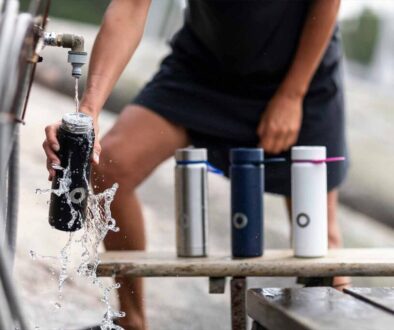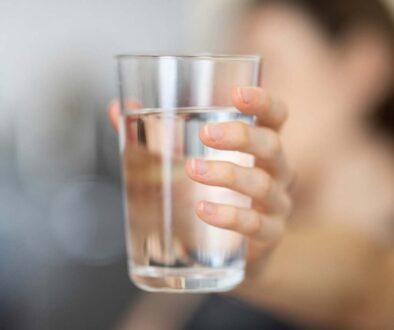Best Drink For Dehydration
Staying well-hydrated is crucial for maintaining good health, as water plays a fundamental role in various bodily functions. Dehydration, on the other hand, occurs when our bodies lose more fluids than they consume, leading to an imbalance that can have adverse effects on our well-being. In this blog post, we will explore the best drink for dehydration and how it helps our bodies, as well as the potential dangers of dehydration and the importance of maintaining optimal hydration levels.
The Best Drink for Dehydration: Water
When it comes to combating dehydration, there is no better drink than plain, refreshing filtered water. Water is nature’s elixir, essential for keeping our bodies functioning at their best. Here’s how water helps our bodies combat dehydration:
- Optimal Hydration: Water is the most efficient way to hydrate our bodies, ensuring that we maintain the right balance of fluids to support overall health.
- Electrolyte Balance: Drinking water helps maintain a proper balance of electrolytes, crucial minerals like sodium, potassium, and magnesium, which are essential for various bodily functions.
- Temperature Regulation: Water plays a vital role in regulating body temperature, ensuring that we can cool down through perspiration during hot weather or physical activity.
- Nutrient Transport: Water aids in the transportation of nutrients throughout the body, ensuring that essential vitamins and minerals reach all the cells and organs.
- Waste Elimination: Adequate water intake helps flush out waste products and toxins from the body, supporting the natural detoxification process.
- Joint Lubrication: Water acts as a lubricant for joints, reducing friction and supporting smooth movements.
The Dangers of Dehydration
Dehydration occurs when the body loses more fluids than it takes in, leading to an insufficient amount of water to carry out essential bodily functions. The consequences of dehydration can be detrimental to our health and well-being:
- Impaired Physical Performance: Dehydration can lead to reduced endurance, muscle cramps, and fatigue, affecting physical performance during exercise or daily activities.
- Cognitive Impairment: Insufficient hydration can impair cognitive function, leading to difficulties in concentration, memory, and decision-making.
- Headaches and Dizziness: Dehydration can trigger headaches, dizziness, and lightheadedness, making it challenging to carry out daily tasks.
- Increased Risk of Heat-related Illnesses: During hot weather or strenuous physical activity, dehydration raises the risk of heat exhaustion and heatstroke.
- Kidney Stones: Dehydration can lead to the formation of kidney stones due to concentrated urine and reduced flushing of minerals from the urinary tract.
- Constipation: Insufficient water intake can lead to constipation and digestive discomfort.
Preventing Dehydration – How Much Water Should You Drink?
Preventing dehydration is vital for maintaining optimal health. The amount of water an individual needs can vary based on factors such as age, activity level, climate, and overall health. A general guideline is to aim for about eight 8-ounce glasses of water per day, often referred to as the “8×8 rule.” However, individual hydration needs may differ, so listen to your body and drink when you feel thirsty.
Conclusion
Water is undeniably the best drink for combating dehydration and supporting overall health. By staying adequately hydrated, we enable our bodies to function optimally, regulating temperature, aiding digestion, supporting nutrient transport, and maintaining overall well-being. On the other hand, the dangers of dehydration can be severe, ranging from impaired physical and cognitive performance to heat-related illnesses and kidney stones. Therefore, it is essential to be mindful of our water intake and prioritize staying hydrated throughout the day. Remember, the key to a healthy body is as simple as raising a glass of water to quench our thirst and nourish our well-being.


